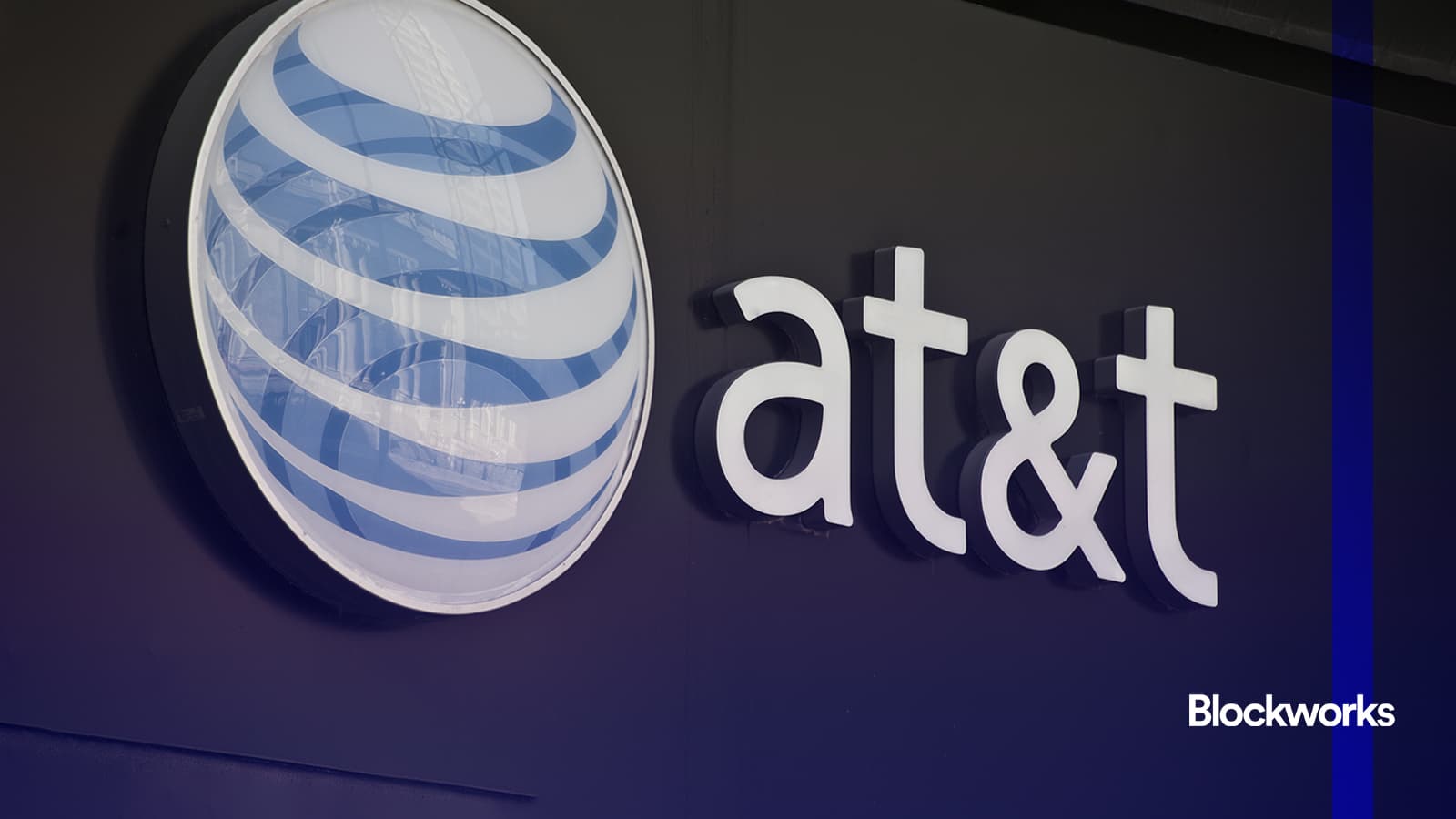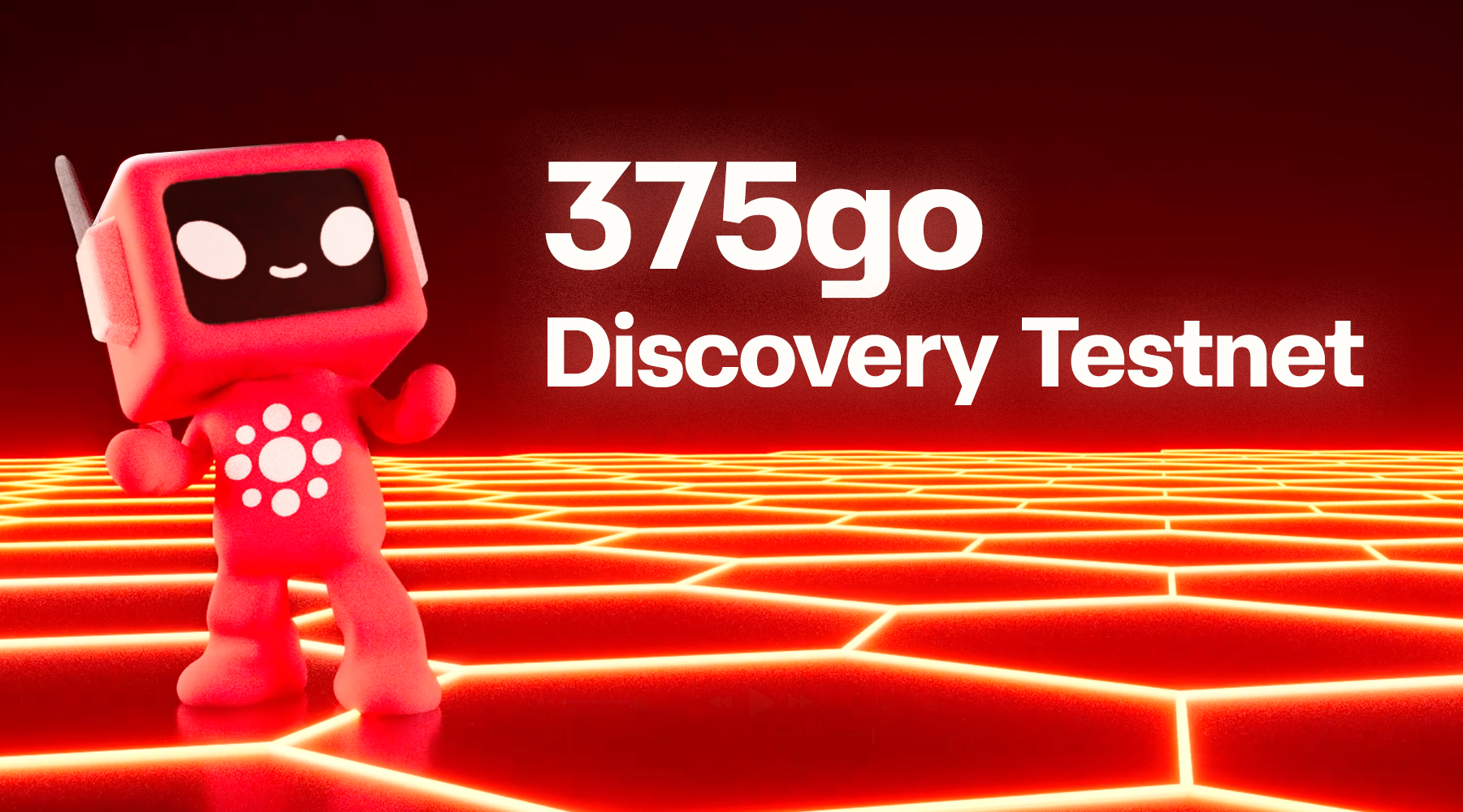
XNET
XNET is a next-generation mobile carrier, enhanced by the power of blockchain technology. Utilizing the CBRS spectrum, XNET is focused on establishing a reliable, industry-grade neutral host network. The deployment of the $XNET token is central to this vision, serving as an incentive for network expansion into key urban markets.
XNET’s decentralized Radio Access Network (RAN) is a solution to these challenges. Through roaming agreements, MNOs, MVNOs, and MSOs gain access to the XNET network, addressing their capacity and coverage issues. The superior service and enhanced coverage offered by XNET ensure that these operators are willing to pay a premium to access the network.
40% of all network revenue is allocated to purchase and burn $XNET tokens from open markets. This action is aimed at creating a deflationary effect in the data market, enhancing the value of the $XNET token and ensuring the long-term viability and competitiveness of the XNET network in the mobile carrier landscape.
XNET
There are currently 111 active XNET devices. The average device cost is $249.48, and the estimated daily earnings are $2.97.At this rate, the break-even point will be reached in 84 days.
Chart
Minable Devices
Device Map
Number of Devices
111
Number of Countries/Regions
3
XNET Markets
Exchange | Pair | Price | Spread | +2% Depth | -2% Depth | 24h Volume | Volume % | Last Updated | Trust Score |
|---|---|---|---|---|---|---|---|---|---|
 Mimo | XNET/WIOTX | $0.01741 | 0.677595% | - | - | $37 | 100.000% | an hour ago |
Learn More
XNET News
View more





Social
Impressions
186,393
Engagement
4,232
Mindshare
0.03%